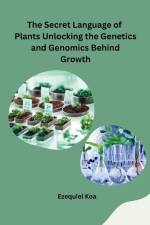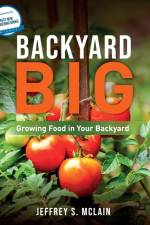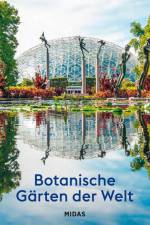von Ezequiel Koa
30,00 €
The Importance of Studying Plant GeneticsSubchapter: The Importance of Studying Plant GeneticsIntroduction:In today's world, where environmental concerns and food security are at the forefront, understanding plant genetics has become more crucial than ever before. From improving crop yields to developing disease-resistant plants, the study of plant genetics holds immense significance. This subchapter aims to shed light on the importance of studying plant genetics and its implications for everyone, particularly those interested in the fields of genetics and genomics.1. Unveiling the Secrets of Evolution:Studying plant genetics allows us to unravel the mysteries of evolution. By examining the genetic makeup of plants, scientists can trace their ancestry, discover their evolutionary history, and gain insights into how they have adapted to various environmental conditions over time. This knowledge not only helps us understand the past but also provides valuable information for predicting future changes in plant species.2. Boosting Crop Yields:As the world's population continues to grow, the demand for food is increasing exponentially. Studying plant genetics enables scientists to develop crops with higher yields, enhanced nutritional value, and improved resistance against pests, diseases, and environmental stresses. By manipulating plant genes, researchers can create varieties that are more productive, efficient, and sustainable, ultimately contributing to global food security.3. Conservation and Biodiversity:Plant genetics plays a vital role in the conservation of endangered plant species and the preservation of biodiversity. By studying the genetic diversity within plant populations, scientists can identify rare genes and traits that may be crucial for the survival of certain species. This knowledge helps in developing conservation strategies, ensuring that unique plant varieties are protected for future generations.4. Medicinal and Industrial Applications:Plants have been a source of medicines, fibers, and biofuels for centuries. Understanding plant genetics allows scientists to identify and manipulate genes responsible for producing valuable compounds, opening doors to new medical treatments, sustainable materials, and renewable energy sources. Studying plant genetics also helps in optimizing cultivation practices, leading to increased production and quality of plant-based products






























